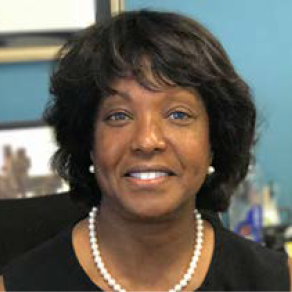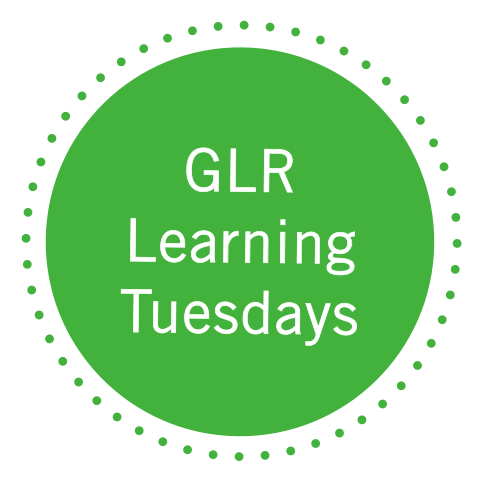
- This event has passed.
Assessing Assessments: Ensuring Quality and Equity in Teacher Licensure

“Every child deserves to learn how to read. And there are many steps that we need to take to make sure teachers are ready to help children. But one of the ways to ensure that all teachers who enter the classroom are prepared to provide strong reading instruction is by requiring stronger licensure tests. Districts and school leaders who are hiring new teachers count on licensure, and especially these licensure tests to vet teachers’ knowledge so that if they’re hiring somebody, they can be confident that they actually understand the core principles of reading instruction.”
– Hannah Putman, National Council on Teacher Quality (NCTQ)
In this Learning Tuesdays session, panelists discussed the national landscape of teacher licensure assessments, the correlation with teacher and student performance and how these assessments are impacting the diversity of teachers in the classroom. “Of the 25 different [teacher licensure] tests in use across the country, only 11 of them are acceptable in that they adequately address the core components of reading, and only six of these 11 are strong,” according to research released in November by NCTQ (Putman). As a result of this report testing agencies, states and teacher preparation programs are taking corrective action.
Peggy Brookins, NBCT, of the National Board for Professional Teaching Standards (NBPTS) shared that Educational Testing Service (ETS) took a reflective look at their exam, spending four days with NBPTS, and received hard feedback around what they were testing and what information the test provided. In response, ETS was able to make changes to their exam.
Casey Sullivan Taylor, Ed.S., shared the work that ExcelinEd is doing where they reviewed states’ literacy policies as well as the policies’ implementation. Taylor shared how she did this work in Mississippi — including instituting a strong policy, adopting a strong assessment and striving to align the coursework of preparations programs — to see real change happen.
Karen Betz, Ed.D., explained how higher education institutions such as Marian University can approach this work saying, “a teacher preparation program is only as good as the knowledge of the instructors within it. And so high instructor knowledge becomes high and competent preservice knowledge.” Marian University has used a course alignment planning tool and feedback from partners such as NCTQ to refine its courses to best prepare students for what is really happening in K–12 classrooms. Preservice program professors must be equipped to teach literacy and be onboard with science of reading. If not, maybe they can continue to teach “but it can’t be literacy because the price is too high. The price that we pay for not doing that work falls on the children. And as we see from our NAEP data, it’s really falling on our Black and Brown children. And so, we’ve got to start, we’ve got to get it right.”
So how do we address this? “Well-written policy is the foundation to start, but what we do with it and how we implement it is going to be critical to our outcomes,” says Taylor. “That means we’ve got to have really great strategic planning. We’ve got to think about how we move the work forward and help all stakeholders see the opportunity to invest in it and to work together collaboratively for the outcomes that are desirable…that all children have an equitable opportunity to learn to read and to have a well-trained teacher who’s equipped to teach them with scientifically based reading approaches.”
Brookins summed up the session in this way: “We identify preservice teachers, make sure they’re ready for the exam that they are taking as an exit strategy, and then make sure that exam is worth taking at the same time.”
Panel






